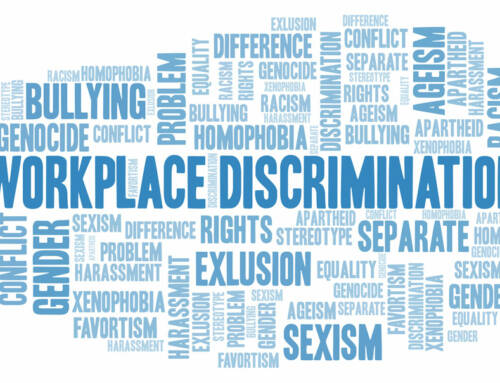Since 2000, almost half of law school graduates have been women. Yet females account for less than 18 percent of the equity partners in major law firms. Equity partners are essentially the bosses at most law firms. Perhaps most disturbingly, that proportion is significantly higher now than it was in 2007.
Marie Napoli is one of the major exceptions. In just a few short years, she rose to the position of senior partner in one of the largest law firms in New York City. Unfortunately, her story is a rather unique exception. Many other women, who would be strong equity partners, get lots along the way, largely because of the environment at many large law firms.
We are all part of the problem, and if things are to change, we must all be part of the solution. To reach the pinnacle of their professions, women lawyers do not need a head start or an artificial advantage. In most cases, they just need a level playing field.
Policies That Encourage Female Partnership
Most large firms hire female associates at about the same rate as male associates. However, before they work their way to the top of the ladder, many female attorneys leave large firms. Most surveys indicate that four policy changes could effectively stop this mass exodus.
- Working from Home: Traditionally law firms are very slow to innovate. So, while many other companies now offer hybrid office/homework schedules, law firms usually do not do so, at least for equity partners. A legitimate concern about data security when working over unsecured WiFi connections must be addressed.
- Generous Parental Leave: Many companies only offer two weeks’ maternity leave. Two weeks is barely enough time to recover physically. There is little time left for emotional bonding.
- Clear Promotion Criteria: Birds of a feather flock together, at least in many cases. Frequently, men prefer working with men, Democrats prefer working with Democrats, and so on. Vague associate-to-partner promotion standards contribute to this dilemma.
- Part Time: Women usually struggle more to achieve work-home balance than men. The option to work part time, at least for brief periods of time, is essential to attracting and retaining strong female attorneys. But many law firms are myopic in this area. They see a short-term loss of productivity and miss a chance to retain a strong revenue-producing attorney.
Title VII, and the difference between employers and employees, is sometimes an issue. As mentioned, equity partners are usually the bosses in most large firms. Some law firms therefore define equity partners as employers, which means many antidiscrimination initiatives do not apply. However, in many cases, the “boss” designation is largely informal and equity partners have only limited authority.
Everyday Experiences That Matter
Female professionals, whether they are doctors, lawyers, accountants, or whatever, usually deal with some unpleasant everyday experiences as well. Typically, these experiences do not rise to the level of sexual harassment, but they are hurdles to continued employment. For example, when 29-year-old Bronx/Queens Rep. Alexandria Ocasio-Cortez took office, other people on Capitol Hill assumed she was an intern.
Female attorneys report similar issues in law firms, such as being mistaken for a lower-level employee (0 percent of men and 82 percent of women in one survey), overhearing demeaning remarks (8 percent and 75 percent), and lack of conference invitations and other business opportunities (10 percent and 67 percent).
On an individual basis, these incidents are probably innocent. But when they happen consistently, the office culture might be toxic to women. Over time, this toxicity makes it difficult to remain in this environment. Companies from law firms to convenience stores should be more aware of the effects these incidents have on their female employees.
Frequently, a legal partner who understands the things you go through at work makes a big difference in the outcome. For a confidential consultation with an experienced civil litigation attorney in New York, contact Marie Napoli. Virtual and after-hour appointments are available.






